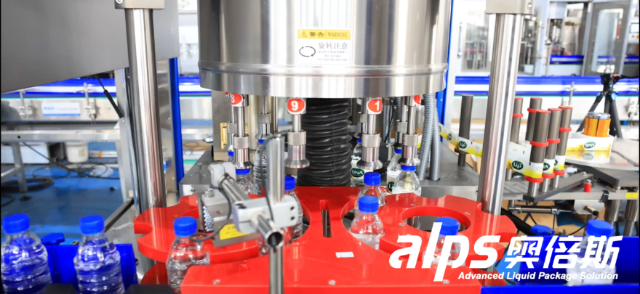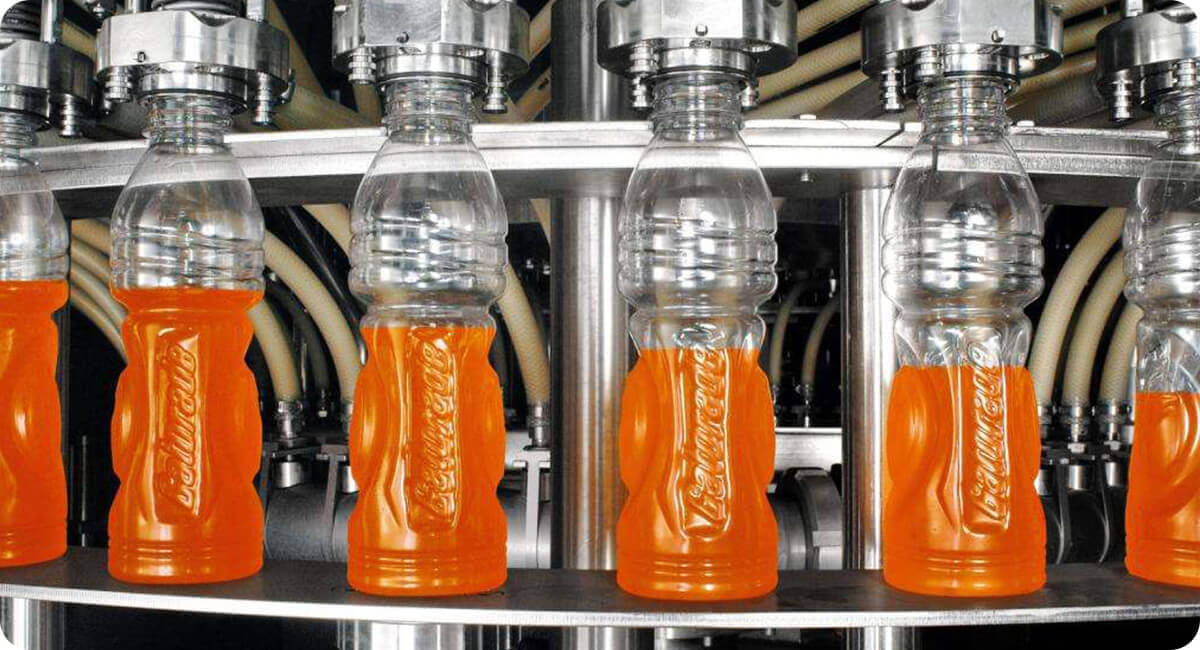Advanced Liquid Package Solution
Accurate filling volumes are crucial in beverage production. They ensure customer satisfaction, maintain brand integrity, and comply with regulatory standards. Inaccurate filling can lead to significant problems, including customer complaints, regulatory fines, and increased production costs. This article will guide you through identifying and resolving issues related to inaccurate filling volumes in beverage filling machines.

Filling volume accuracy refers to the precision with which a beverage filling machine dispenses the intended amount of liquid into containers. Industry standards typically allow for a small tolerance, usually within 1-3% of the stated volume, depending on the product and container size. Factors affecting filling accuracy include mechanical components, control systems, product characteristics, and environmental conditions.
Detecting inaccurate filling volumes can be done through several methods:
Visual Inspection: Trained operators can often spot inconsistencies in fill levels, especially in transparent containers.
Weight-Based Detection: Using precision scales to weigh filled containers can reveal discrepancies.
Statistical Process Control: Implementing SPC methods helps track filling trends over time, enabling early detection of drift in accuracy.
Customer Complaints: An increase in customer feedback regarding under or overfilled products is a clear indicator of filling issues.
Inaccurate filling can stem from various sources:
A. Mechanical Issues:
Worn-out or damaged fill valves can lead to inconsistent flow rates.
Misaligned or clogged nozzles may cause uneven distribution.
Pump problems can result in irregular pressure, affecting fill volumes.
B. Sensor and Control System Issues
Malfunctioning level sensors may provide incorrect readings.
Calibration errors in the control system can lead to systematic filling inaccuracies.
PLC or control system glitches might cause intermittent filling problems.
C. Product-Related Factors
Variations in product viscosity or temperature can affect flow rates.
Foaming issues, especially in carbonated beverages, can lead to underfilling.
D. Environmental Factors
Temperature fluctuations in the filling area can impact product volume.
Vibrations or instability in the filling machine can cause inconsistent filling.
When addressing inaccurate filling volumes, follow these steps:
Conduct a thorough inspection of the filling system.
Analyze recent production data to identify patterns or trends.
Check and calibrate all sensors and measuring devices.
Examine mechanical components for wear or damage.
A. Mechanical Issues
Regularly inspect and replace fill valves as needed.
Clean and align nozzles to ensure proper flow.
Perform routine maintenance on pumps and replace worn parts.
B. Sensor and Control System Problems
Calibrate level sensors according to manufacturer specifications.
Update control system software to the latest version.
Fine-tune PLC parameters to optimize filling accuracy.
C. Product-Related Factors
Adjust filling parameters based on product characteristics.
Implement anti-foaming techniques such as bottom-up filling for carbonated beverages.
D. Environmental Factors
Control ambient temperature in the filling area.
Ensure the filling machine is properly leveled and stabilized.
To maintain filling accuracy over time:
Implement a regular maintenance schedule for all components of the filling system.
Provide ongoing training for operators on proper machine operation and troubleshooting.
Establish quality control checks at regular intervals during production runs.
Consider upgrading to more advanced filling technologies that offer improved accuracy and consistency.

In conclusion, maintaining accurate filling volumes is essential for quality, compliance, and cost-effectiveness in beverage production. By understanding the causes of inaccurate filling, implementing robust troubleshooting procedures, and adopting preventive measures, manufacturers can significantly improve their filling accuracy and overall production efficiency.

By continuing to use the site you agree to our privacy policy Terms and Conditions.